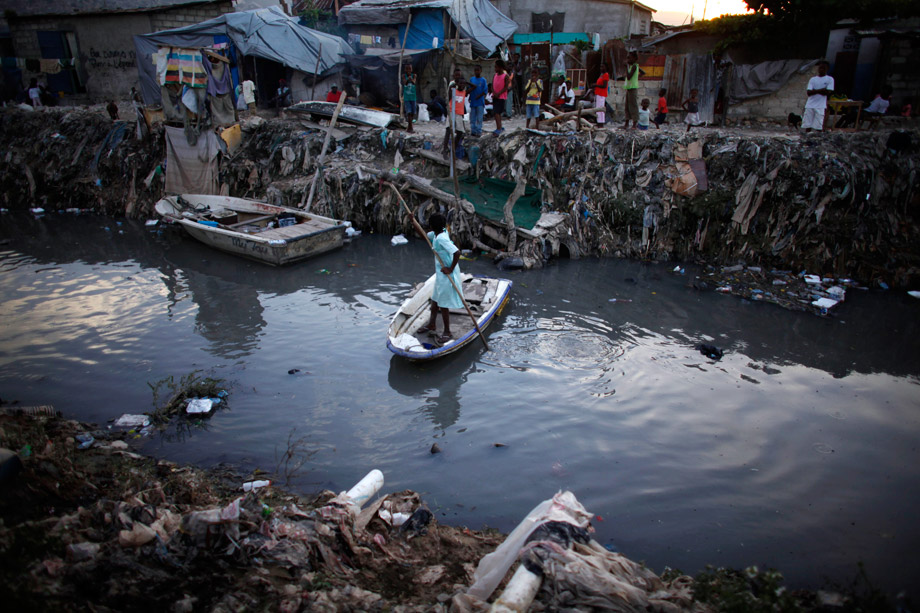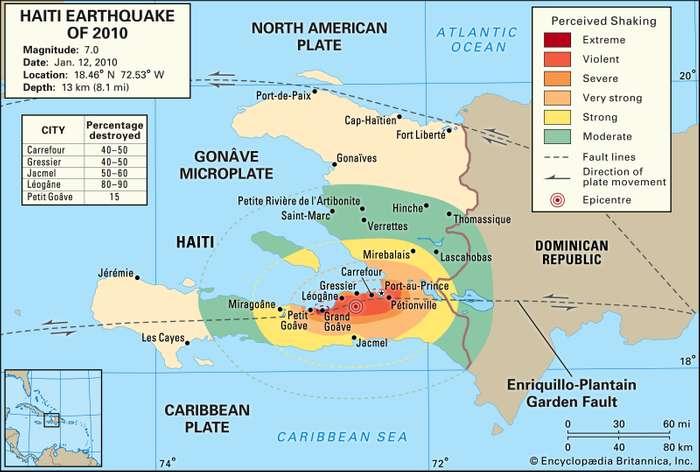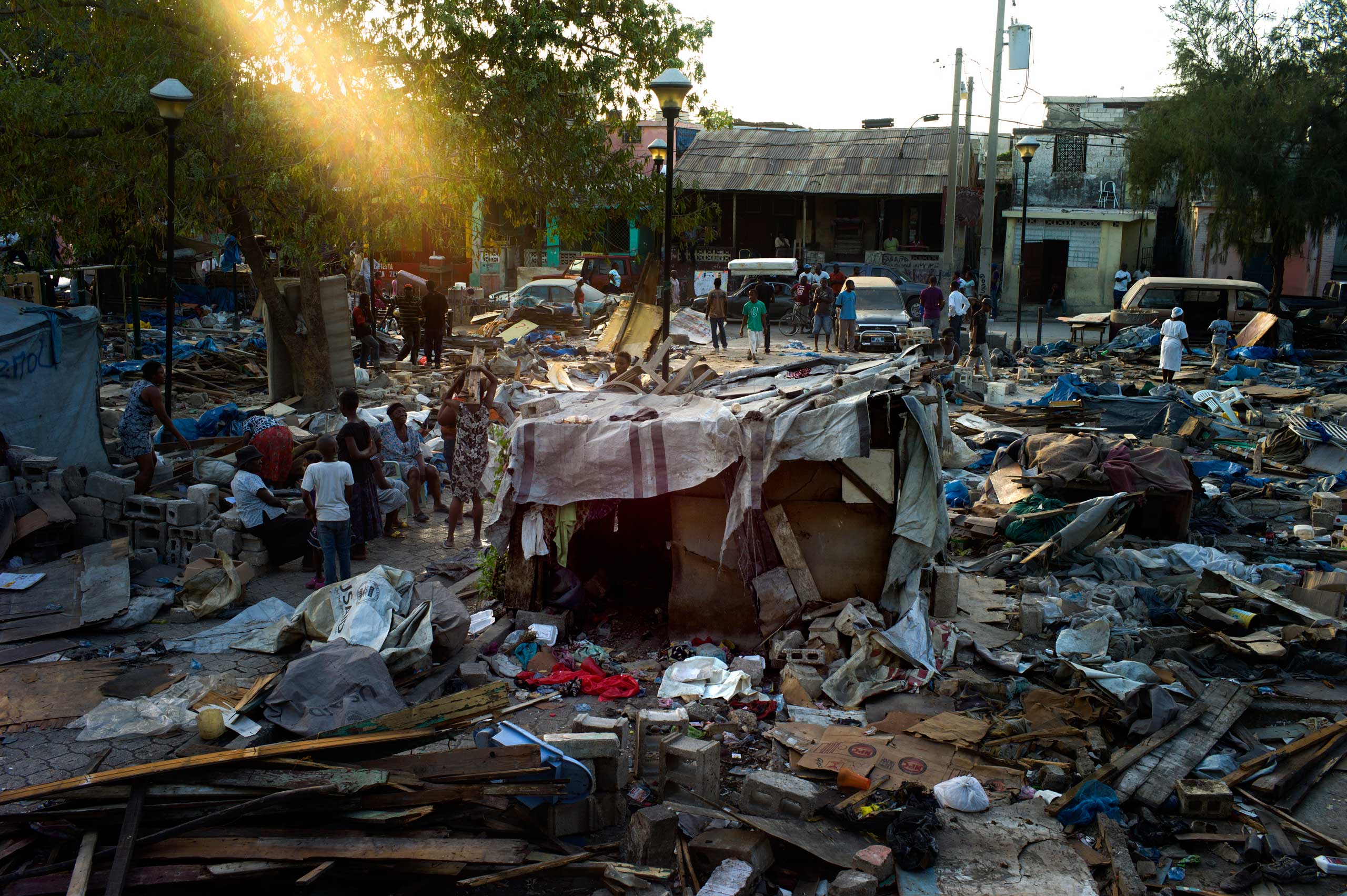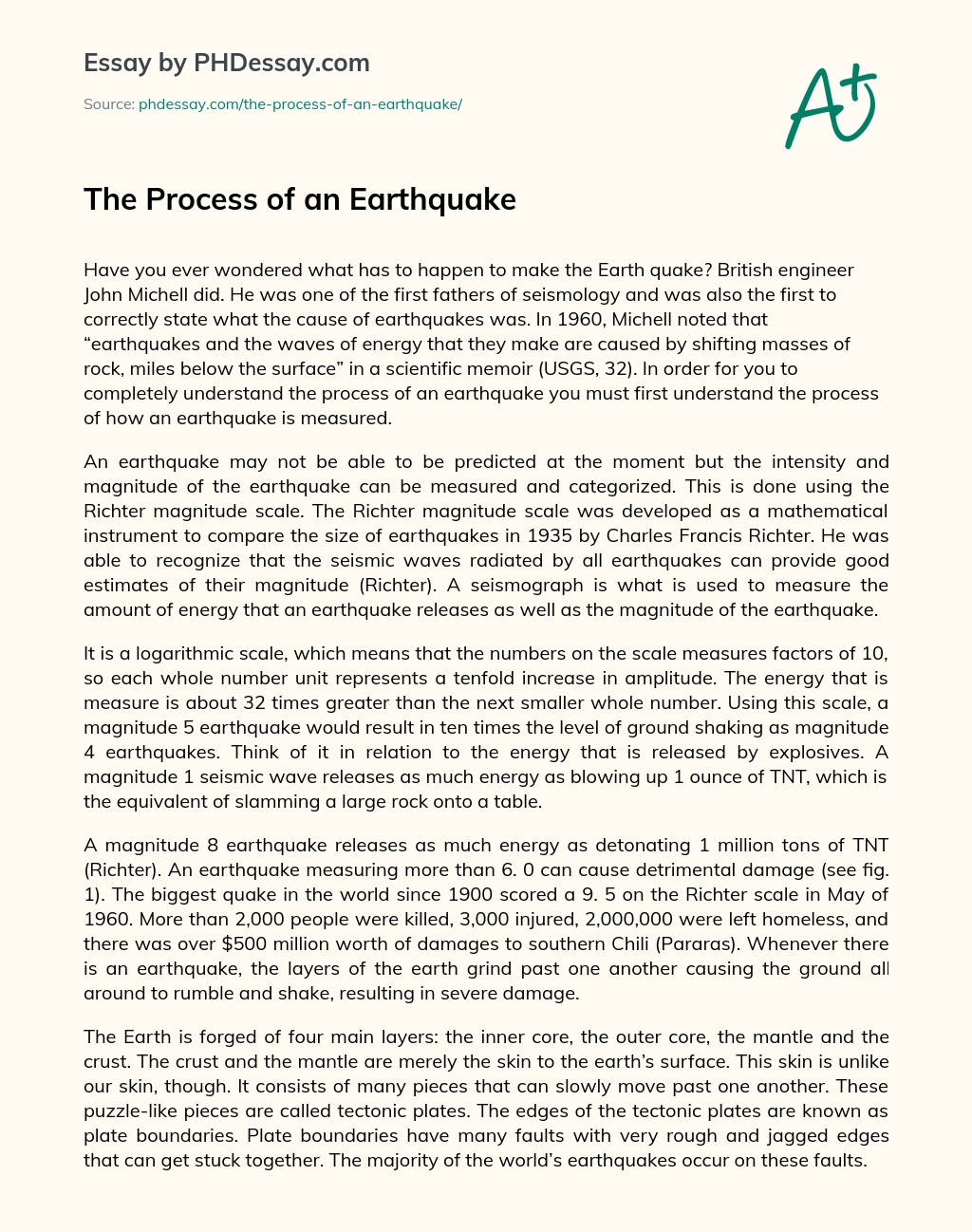The Haiti earthquake was a devastating natural disaster that struck the Caribbean country on January 12, 2010. The earthquake, which had a magnitude of 7.0 on the Richter scale, caused widespread damage and loss of life in the capital city of Port-au-Prince and surrounding areas.
The earthquake occurred at 4:53 p.m. local time and was centered approximately 16 miles west of Port-au-Prince. It was felt throughout the country and as far away as Cuba and the Dominican Republic. The earthquake was the strongest to hit Haiti in over 200 years and was followed by numerous aftershocks, including one with a magnitude of 6.1.
The Haiti earthquake caused extensive damage to buildings, infrastructure, and homes. Many buildings in Port-au-Prince, including hospitals, schools, and government buildings, were destroyed or severely damaged. The earthquake also caused widespread power outages and disrupted communication networks, making it difficult for people to communicate with each other and for emergency services to coordinate their efforts.
The Haiti earthquake resulted in a significant loss of life. The Haitian government estimates that over 300,000 people died as a result of the earthquake, and many more were injured. In addition to the human toll, the earthquake had a significant economic impact on Haiti, which was already one of the poorest countries in the Western Hemisphere. The earthquake destroyed many homes and businesses, and disrupted trade and transportation.
In the aftermath of the Haiti earthquake, the international community responded with a significant aid effort. Countries around the world donated money, supplies, and personnel to help with the recovery effort. The United Nations and other international organizations played a key role in coordinating the response, and many non-governmental organizations also provided assistance.
Despite the efforts of the international community, the recovery process in Haiti has been slow. Many people were left homeless by the earthquake and have had to live in temporary shelters, and the country's infrastructure is still in need of repair. In addition, the earthquake highlighted the need for improved disaster preparedness in Haiti and other countries in the region.
In conclusion, the Haiti earthquake was a devastating natural disaster that had a profound impact on the country and its people. It caused significant damage, loss of life, and economic disruption, and the recovery process has been slow. The earthquake highlighted the need for improved disaster preparedness and for a coordinated international response in the face of such disasters.







